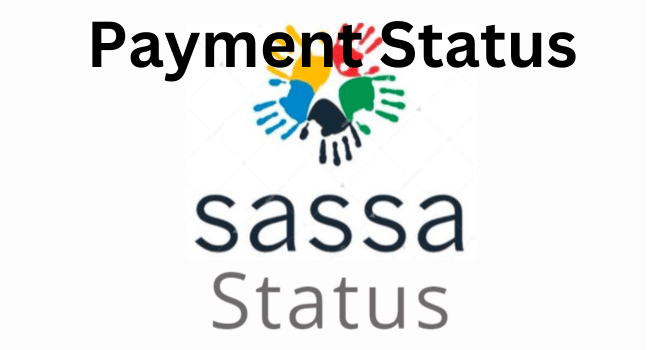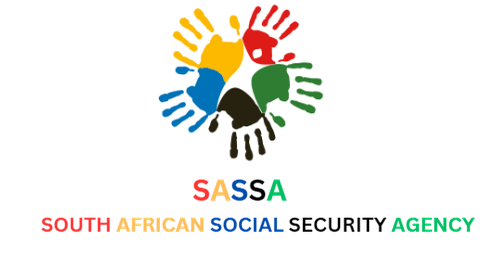SASSA social grants are a crucial lifeline for millions of vulnerable South Africans facing poverty and unemployment. The South African Social Security Agency (SASSA) administers these monthly social grants designed to help recipients meet basic needs when they lack other sufficient income. However, complex legal regulations and eligibility criteria govern access to SASSA’s social assistance programs.
Recipients must regularly check their SASSA account balances to monitor funds and ensure ongoing receipt of grant entitlements. This article will explore the vital role of SASSA social grants within South Africa’s social welfare and legal framework as a form of poverty alleviation and upholder constitutional rights. Optimizing access and delivery of these grants remains essential amid persistent economic constraints.
SASSA’s Critical Role in South Africa’s Social Welfare System
SASSA is an agency under the Department of Social Development that distributes social grants nationally as part of South Africa’s extensive welfare system. This system is underpinned by the constitutional right to social security and seeks to fulfill the state’s obligation to provide necessities to disadvantaged citizens.

Established in 2004 after the creation of a unified social protection framework, SASSA provides centralized administration of all government-funded social assistance programs. These include means-tested social grants, disability grants, child grants, and care dependency grants for vulnerable individuals unable to sufficiently support themselves and their dependents.
SASSA’s effective and efficient delivery of 13 million social grants reaching over 30% of the population every month makes it the most extensive social security agency on the continent. Beneficiaries depend on regular, predictable grant payments to meet basic needs like food, healthcare, housing, education, and subsistence. As such, SASSA is indispensable in upholding constitutional rights and promoting the socio-economic well-being of beneficiaries.
Navigating Eligibility Criteria for SASSA Grants
However, qualifying for and maintaining SASSA grants involves meeting strict eligibility criteria set through government regulations. Applicants must submit supporting documents and affidavits proving they satisfy criteria like age, income thresholds, disability status, South African citizenship, and lack of other adequate financial support.

For instance, the Older Person’s Grant for citizens over 60 years old requires proof the applicant does not receive other pension income above set thresholds. The Disability Grant requires medical assessments confirming inability to work due to disability. Child Support Grants require birth certificates confirming applicants are primary caregivers.
Frequent policy and regulation changes also create confusion around current criteria. SASSA amends requirements periodically based on budget constraints, efforts to exclude ineligible beneficiaries, and court rulings on expanding coverage. Keeping updated on the latest eligibility guidelines is key for applicants.
Maintaining Access to SASSA Grants
After initial approval, recipients must also reconfirm eligibility periodically through status checks, especially for temporary COVID-19 relief grants. Failing to complete these status checks can result in suspension of grants. Recipients unable to travel frequently to distant SASSA offices due to disability, costs or other reasons may require assistance obtaining and delivering the paperwork required.
Those unable to satisfactorily reconfirm eligibility may have grants discontinued. These administrative requirements aim to exclude recipients who no longer meet the criteria or are fraudulently collecting grants. However, truly deserving beneficiaries may get excluded inadvertently through bureaucratic processes. Obtaining reconsideration requires appealing these adverse decisions through SASSA’s Complaints Handling unit with supporting evidence.
The Pivotal Role of Social Grants for Children
Child grants especially impact welfare, nutrition, and education access. The Child Support Grant provides up to R480 monthly to poor primary caregivers of children under 18 years upon meeting requirements. Grant amounts aim to cover basic schooling costs, uniforms, transport fees, and daily meals.
Child hunger and malnutrition have lifelong effects on development, learning, and productivity. SASSA’s provision of social assistance protects children’s rights and cements the nation’s future economic participation. Some advocates argue for expanding child grants and un-linking them from biological parents to support alternate childcare facilities better. However, governments must balance targeting the ultra-poor and equality.
Calls for Universal Basic Income and Policy Reforms
While South Africa’s social grants expand the safety net substantially, coverage gaps remain with many struggling citizens excluded. Approximately 14 million South Africans live below the food poverty line.
Some advocates promote universal basic income grants untied to means testing. Others suggest higher inflation-linked grant amounts and automatic enrollment for recipients of other government benefits. Simplifying cumbersome application procedures through digitization and community assistance could also enable access for marginalized groups.
However, significant reforms require political negotiation and consensus-building. The government must balance fiscal constraints, targeting those most in need based on available evidence, and upholding human dignity. Ongoing constructive dialogue and openness to piloting alternative models can help strengthen social protection.
The Role of Civil Society and Legal Aid Organizations
Various non-profit organizations and legal aid clinics actively assist social grant applicants and recipients with navigating the bureaucratic maze. For instance, they may help collect required documents, explain frequently changing rules, assist with complicated application forms, provide advice on appeals, and expose application backlogs or corruption issues.
These civil society organizations fill a vital gap, providing information and assistance otherwise inaccessible to people unable to travel to distant offices regularly. They empower beneficiaries through information and protect their rights. Many also conduct research and advocacy to transform policies based on grassroots insights. Their role in upholding social accountability strengthens the grant system.
Promoting Financial Inclusion Through Social Grants
Linking social grants to basic bank accounts also promotes financial inclusion for recipients lacking prior formal financial histories. SASSA partners with major banks and financial service providers to ensure grant recipients can open low-fee or no-fee accounts. This brings recipients into the formal banking system with access to ATM cards, digital transactions, credit opportunities, and savings tools.
However, merely having a basic account does not guarantee full financial inclusion. Recipients also need tailored financial education on topics like budgeting, debt avoidance, saving, and insurance to gain optimal value. Integrated with empowering learning programs, social grants provide a bridge to prosperity.
In conclusion, SASSA grants are a critical element of South Africa’s post-Apartheid social contract to remedy historical inequality through state-provisioned social security. Grants tangibly uphold basic rights and improve the lives of millions. Simplifying bureaucratic procedures could expand inclusion further. However persistent economic constraints require judicious targeting of limited resources. Overall, SASSA grants will remain essential in the fight against poverty for the foreseeable future.
